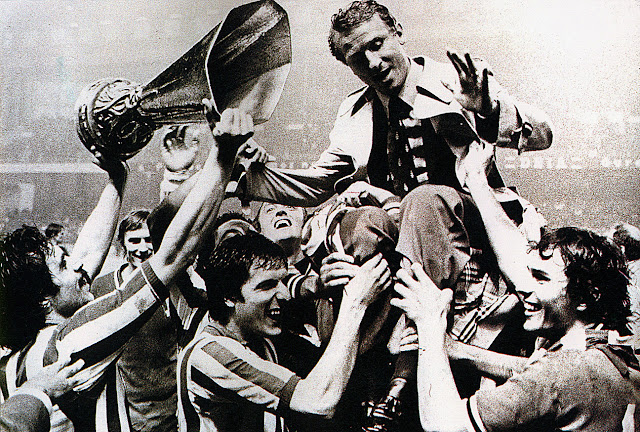Waiting for Dybala
After Juventus' first defeat of the season, Paulo Dybala is the player who best embodies the delicate moment of a work-in-progress under new coach Andrea Pirlo.
Paulo Dybala is hot on everyone’s lips. Paulino, as former Juventus coach Allegri used to call him, seems lost. Clunking, chasing defenders he never catches up to, he appears to be carrying the weight of the world on his shoulders. Paulo Bruno Exequiel Dybala is, to use military parlance, missing in action.
A run, a missed trap, a touch too heavy, a run too slow, a poor free kick. Dybala is a shadow of the player who led Juventus to glory with “heavy” goals in key matches against Lazio, Milan, Atletico, Barcelona and more.
What’s missing? Dybala was born a trequartista at Instituto AC of Cordoba, where he first began bending blades of grass in northern Argentina. At Palermo, he transformed into a forward and then learned the craft of becoming an excellent second striker when he moved to Juventus in the summer of 2015, scoring 23 goals and providing seven assists for the Bianconeri in his opening season.
In Pirlo’s Juve, so far, Dybala has struggled. And that’s an understatement. Playing in a position not dissimilar to that undertaken in Allegri’s first season, he has created next to nothing over the course of 34 minutes against Dynamo Kiev, 90 minutes against Hellas Verona, and 90 minutes against Barcelona. The sole exception? A crossbar that he hit against Hellas.
The Argentine forward bemoaned his exclusion from the match against Crotone. “He was supposed to play”, Juventus coach Andrea Pirlo said in Calabria, post match “but then we were left with 10 men and the opportunity dissipated”. Rumours close to the Juventus camp said that the 41-year-old coach and the 27-year-old forward cleared the air afterwards. Dybala would soon get his chance in Ukraine.
In Kiev, however Dybala’s first appearance - a 34 minute cameo - proved Pirlo right. Dybala needed to accumulate some minutes. Comprehensible. Dybala’s impalpability shown against Dynamo Kiev crystallised against Hellas Verona.
Dybala, arguably the second most talented player in Serie A, was expected to come out of his shell and provide a magisterial performance like that shown in Turin in the spring of 2017 where he undid Barcelona’s defence with a brace that is seared in the memory of Juventus fans.
The expectation was that his form, still reeling from a recurring muscle injury suffered in the ill-fated round of sixteen that saw Juventus unceremoniously ousted from the UEFA Champions League by lowly Olympique Lyonnais, would eventually click and his shell crack against Barcelona on Wednesday.
Within literary canon popular among high schoolers one will find a Samuel Beckett play named Waiting for Godot, in which two characters, Vladimir (Didi) and Estragon (Gogo), engage in a variety of discussions and encounters while awaiting Godot, who never arrives.
Let us be reasonable: to judge him on the first 214 minutes of his season, immediately following two consecutive muscular injuries and yet to find physical fitness is unkind and reductive. The forward will surely find his form in short order, find the net, and lead Juve to victory like he often has; inducing detractors to yet another standing ovation.
But Dybala’s continued lack of maturity on the field in Juve’s biggest matches, always playing second fiddle to a bigger striker, be it Gonzalo Higuain or Mario Manzukic or Cristiano Ronaldo, is worrisome. It makes waiting for Dybala a little like Waiting for Godot. A blossoming into an elite player who’s locked inside this above-average Argentine that’s yet to come. And will it?
Originally published on Football Italia on October 28, 2020.




Comments
Post a Comment